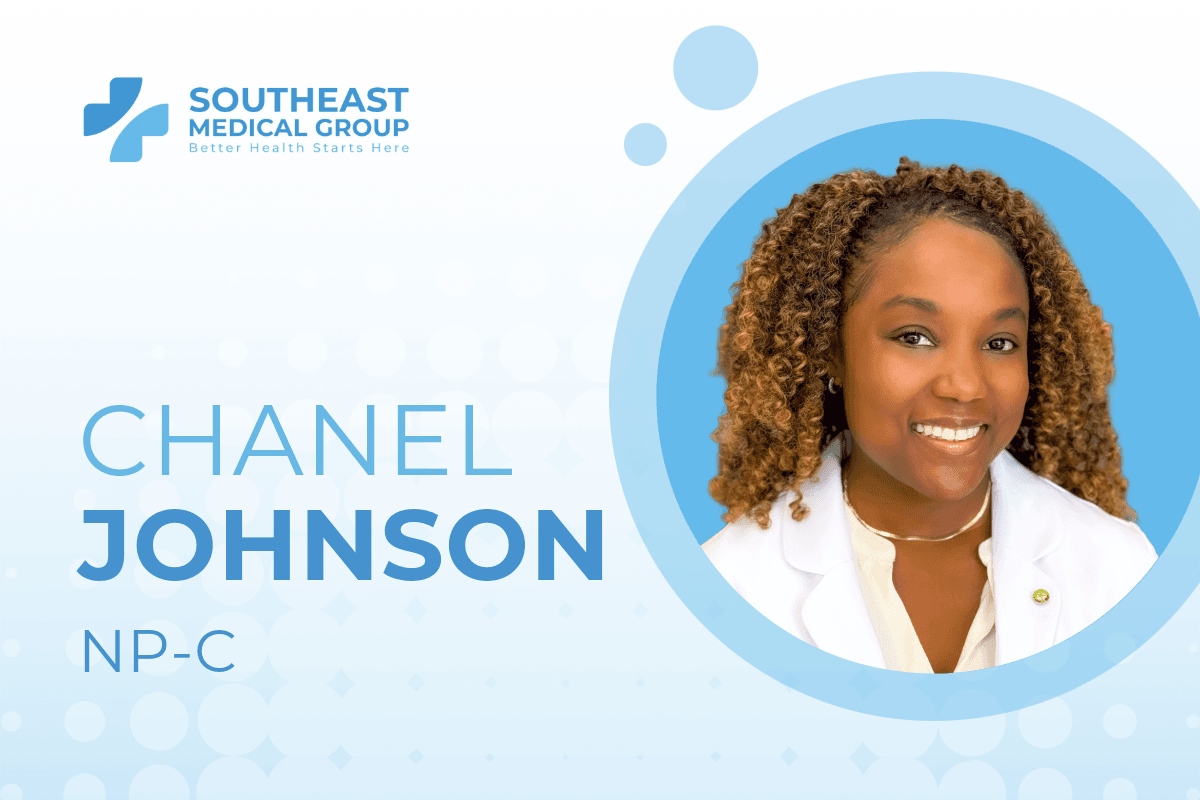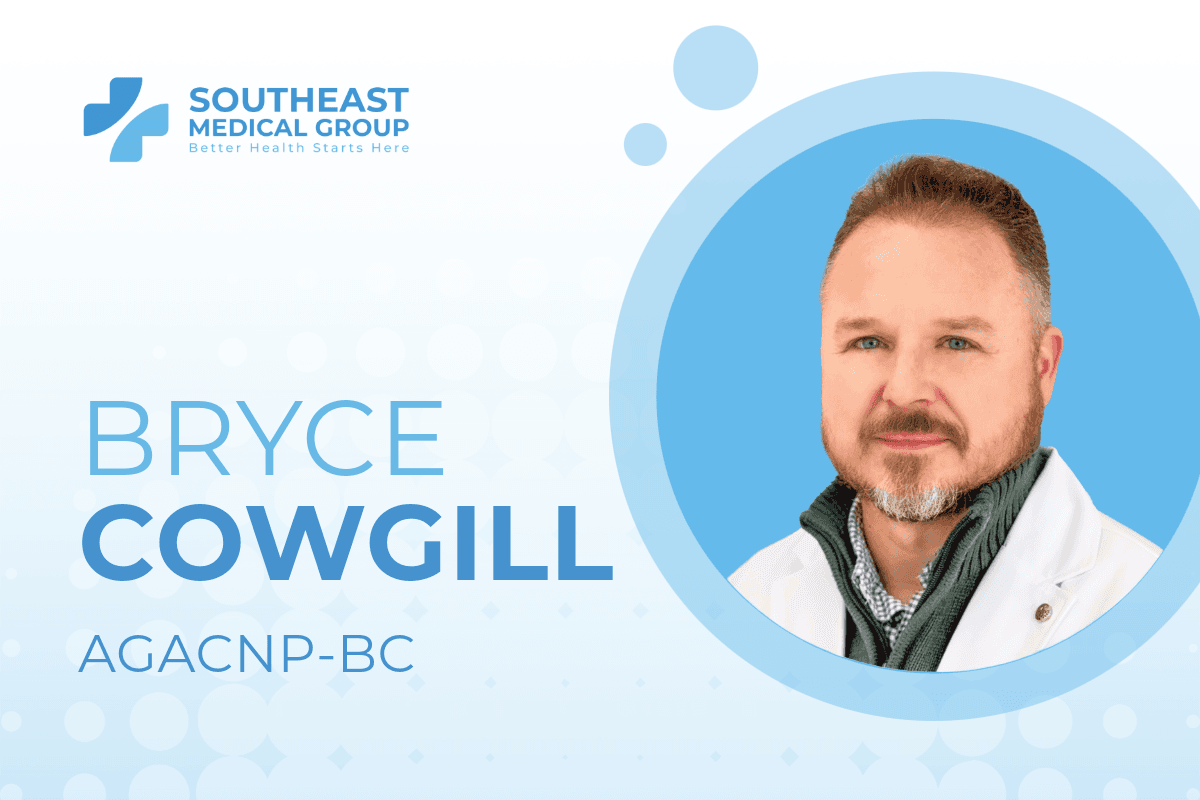Today, reaching the age of 50 is just the beginning. This milestone offers a wonderful opportunity to focus on your health and well-being. By embracing healthy aging practices, staying current with health screenings, and engaging in enriching activities, men can ensure they live their best lives. Here are some essential tips and recommendations to help you thrive in your 50s and well beyond.
Follow Healthy Aging Tips
- Stay Active: If you can, try to keep your body moving! Regular physical activity is crucial for maintaining muscle mass, flexibility, and overall health. Aim for at least 150 minutes of moderate-intensity aerobic activity or 75 minutes of vigorous-intensity activity each week, coupled with muscle-strengthening activities on two or more days a week. Even taking a brisk walk a few times per week can greatly improve your physical condition.
- Eat a Balanced Diet: Focus on a diet rich in fruits, vegetables, whole grains, lean proteins, and healthy fats. Nutrient-dense foods help manage weight, reduce the risk of chronic diseases, and promote overall well-being. Limit processed foods, sugary drinks, and excessive alcohol consumption.
- Maintain a Healthy Weight: Keeping a healthy weight is vital for reducing the risk of heart disease, diabetes, and other health conditions. Consult with a healthcare provider to determine a healthy weight range for you and develop a plan to achieve and maintain it.
- Exercise Regularly: Physical activity not only helps in weight management but also improves cardiovascular health, strengthens muscles, and enhances mental well-being. Incorporate a mix of aerobic exercises, strength training, and flexibility exercises into your routine.
- Stay Mentally Active: Cognitive health is just as important as physical health. Engage in activities that challenge your brain, such as reading, puzzles, learning a new skill, or playing musical instruments. Social interactions and continuous learning can also help maintain cognitive function.
- Get Enough Sleep: Quality sleep is essential for overall health. Aim for 7-9 hours of sleep per night. Establish a regular sleep schedule, create a restful environment, and avoid caffeine and electronics before bedtime.
- Manage Stress: Chronic stress can take a toll on your health. Practice stress management techniques such as mindfulness, meditation, deep breathing exercises, or yoga. Staying socially connected and engaging in hobbies can also help reduce stress. If you need additional help managing stress, please consult a medical professional.
Don’t Forget Your Health Screenings
Naturally, your body changes as you age. Regular health screenings are critical for early detection and prevention of potential health issues. Everybody is different. Be sure to discuss screenings relevant to you with your primary care provider. Here are some key screenings all men over 50 should stay current on:
- Blood Pressure Screening: High blood pressure can lead to serious health issues if left untreated. Have your blood pressure checked at least once a year.
- Cholesterol Screening: High cholesterol increases the risk of heart disease and stroke. Get a lipid panel test every 4-6 years, or more frequently if you have risk factors.
- Colon Cancer Screening: Men should begin regular screenings for colorectal cancer at age 50, or earlier if there is a family history. Options include colonoscopy, stool tests, and sigmoidoscopy.
- Prostate Cancer Screening: Discuss with your doctor whether prostate-specific antigen (PSA) testing is appropriate for you. Recommendations vary based on individual risk factors.
- Diabetes Screening: If you are overweight or have other risk factors, get tested for type 2 diabetes starting at age 45, and every 3 years thereafter.
- Bone Density Test: Osteoporosis is not just a women's issue; men are also at risk. Discuss with your doctor whether a bone density test is necessary, especially if you have risk factors such as a family history or long-term steroid use.
- Eye and Hearing Exams: Regular eye exams are important for detecting conditions like glaucoma and macular degeneration. Hearing tests can identify early signs of hearing loss. Both should be done every 1-2 years.
Enrich Your Life With Activities
- Volunteer Work: Volunteering can provide a sense of purpose and improve mental health. It’s a great way to stay socially active and give back to the community.
- Travel and Exploration: If you can, travel! Exploring new places and cultures can be enriching and provide lifelong memories. Whether it’s local or international travel, it’s an excellent way to stay curious and active.
- Join Clubs or Groups: Engage in clubs or groups that interest you, such as book clubs, sports teams, or hobby groups. These can offer social connections and a sense of belonging.
- Learning New Skills: Consider taking up new hobbies or learning new skills. Whether it’s cooking, gardening, or learning a new language, continuous learning keeps the mind sharp and engaged.
Embracing healthy aging involves a combination of physical activity, balanced nutrition, regular health screenings, mental stimulation, and social engagement. By adopting these practices, men over 50 can enjoy a fulfilling and vibrant life.
References
- Centers for Disease Control and Prevention. "Physical Activity for a Healthy Weight." CDC.
- Harvard T.H. Chan School of Public Health. "Healthy Eating Plate."
- National Institutes of Health. "Maintaining a Healthy Weight."
- Alzheimer's Association. "10 Ways to Love Your Brain."
- National Sleep Foundation. "How Much Sleep Do We Really Need?"
- Mayo Clinic. "Stress Management."
- American Heart Association. "Understanding Blood Pressure Readings."
- American Heart Association. "Cholesterol."
- American Cancer Society. "Colorectal Cancer Screening."
- American Cancer Society. "Prostate Cancer Early Detection."
- American Diabetes Association. "Screening for Type 2 Diabetes."
- National Osteoporosis Foundation. "Bone Density Exam/Testing."
- American Academy of Ophthalmology. "Eye Exams 101."
- American Speech-Language-Hearing Association. "Hearing Screening."
- HelpGuide. "Volunteering and its Surprising Benefits."
- National Institute on Aging. "Be Socially Active."
Harvard Medical School. "The Importance of Keeping Your Brain Active."



